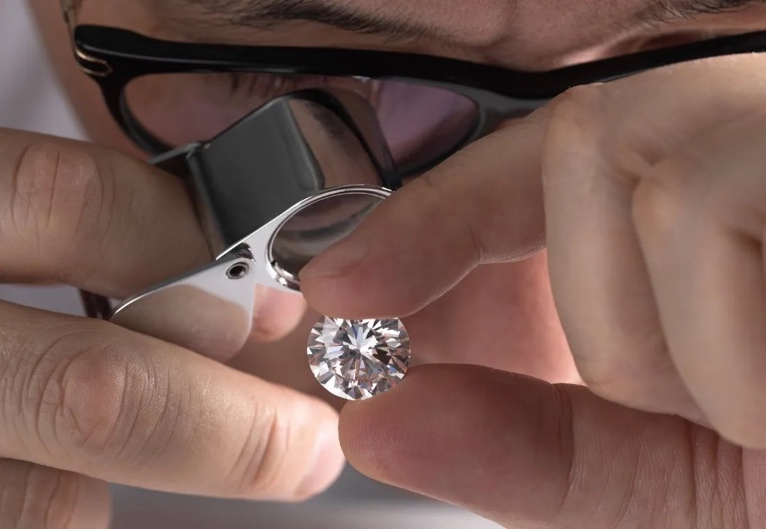The requirement for an emergency dentist Gordon can arise unexpectedly. Picture this, you’re enjoying a relaxed weekend, savouring the crunchy delight of a caramel toffee, when suddenly a sharp pain shoots through your mouth. You’ve cracked a tooth. In such scenarios, quick access to dental services is crucial. Dental emergencies are not limited to tooth damage; they can encompass a wide array of issues from severe toothache to gum injuries. Regardless of the type, they all share a common trait – the need for immediate professional attention. Understanding what constitutes a dental emergency and being prepared can make all the difference. It’s essential to familiarise oneself with the process of securing emergency dental services, which can save valuable time and mitigate discomfort or further complications.
Table of Contents
Identifying Dental Emergencies
Identifying a dental emergency is crucial to ensure timely intervention. Signs of a dental emergency might include severe pain, uncontrolled bleeding, loose or missing teeth, swelling in the mouth or facial area, and bumps or knots on the gums. Even a prolonged toothache can signal a potentially serious issue that warrants immediate attention. These instances underscore the need for an emergency dentist. However, it’s important to remember that not all dental issues require immediate attention. For example, a chipped tooth without pain or a dull toothache can typically wait for a regular appointment. Knowing the difference between urgent and non-urgent dental issues can help you make the right decision when dental emergencies arise.
Steps to Take in a Dental Emergency
In the event of a dental emergency, your actions can significantly impact the outcome. Here are a few steps to remember. First, try to stay calm and assess the situation. If a tooth is knocked out, for instance, locate the tooth, hold it by the crown (avoid the root), and gently rinse it without scrubbing. If possible, try to place it back in the socket. In the case of severe pain or swelling, applying a cold compress can provide temporary relief. It’s prudent to have the contact information of an emergency dentist readily available. In all cases, seek professional help promptly. It’s worth noting that these are general recommendations and specific situations may require different responses.
The Role of an Emergency Dentist
When faced with a dental emergency, the role of an emergency dentist becomes crucial. These professionals are equipped to provide immediate care, helping to alleviate pain, prevent further damage, and potentially save teeth that might otherwise be lost. They are trained to handle a broad spectrum of dental emergencies, from knocked-out teeth and severe toothaches to abscesses and oral infections. In addition to providing immediate relief, an emergency dentist also helps in identifying the underlying issues that may have led to the emergency. Post initial treatment, they assist with appropriate follow-up care and treatment planning to ensure long-term dental health. The services offered by an emergency dentist are invaluable in managing dental crises swiftly and efficiently.

What to Expect from an Emergency Dental Visit
Visiting an emergency dentist can be a slightly different experience compared to a routine dental visit. Firstly, the focus is on immediate pain relief and preventing further damage. The dentist will conduct a thorough examination, possibly including X-rays, to understand the severity of the situation. They will then provide necessary treatment, such as fixing a broken tooth or draining an abscess. In some instances, temporary measures might be taken, with a recommendation for further treatment during regular hours. Always remember, the goal is to address the immediate concern and ensure your oral health is not at risk. Being aware of what to expect can ease anxiety and help you navigate the process more smoothly.
Importance of Regular Dental Check-ups in Preventing Emergencies
Routine dental check-ups play a pivotal role in preventing dental emergencies. They allow for early detection of potential issues like cavities, gum disease or cracks that could escalate into emergencies if left untreated. Regular visits to your dentist in Gordon also afford the opportunity for professional cleaning, eliminating the build-up of plaque or tartar, commonly linked to gum disease. Additionally, these check-ups facilitate timely interventions, such as fillings for cavities or root canal treatment for infected teeth, potentially saving you from severe pain and emergency visits. Remember, prevention is better than cure, and your dentist is your ally in maintaining optimal oral health. Regular dental check-ups can indeed be instrumental in keeping dental emergencies at bay.
Maintaining Dental Health & Hygiene: The Basics
Maintaining good dental health and hygiene is fundamental to preventing dental emergencies. The basics include regular brushing and flossing to remove food particles and plaque. Use fluoride toothpaste and a soft-bristle toothbrush, brushing in a circular motion to ensure all surfaces are cleaned. Flossing daily helps in reaching areas that your toothbrush might miss. Dietary practices also contribute significantly to dental health. Limiting consumption of sugary and acidic foods, which can erode tooth enamel, is beneficial. Regularly drinking water promotes saliva production, which naturally cleanses the mouth. Additionally, it’s highly recommended to visit a dentist in Gordon for routine check-ups and professional cleaning. Incorporating these basic steps in your daily routine can help in maintaining good dental health and preventing potential emergencies.
Any surgical or invasive procedure carries risks. Before proceeding you should seek a second opinion from an appropriately qualified health practitioner.









